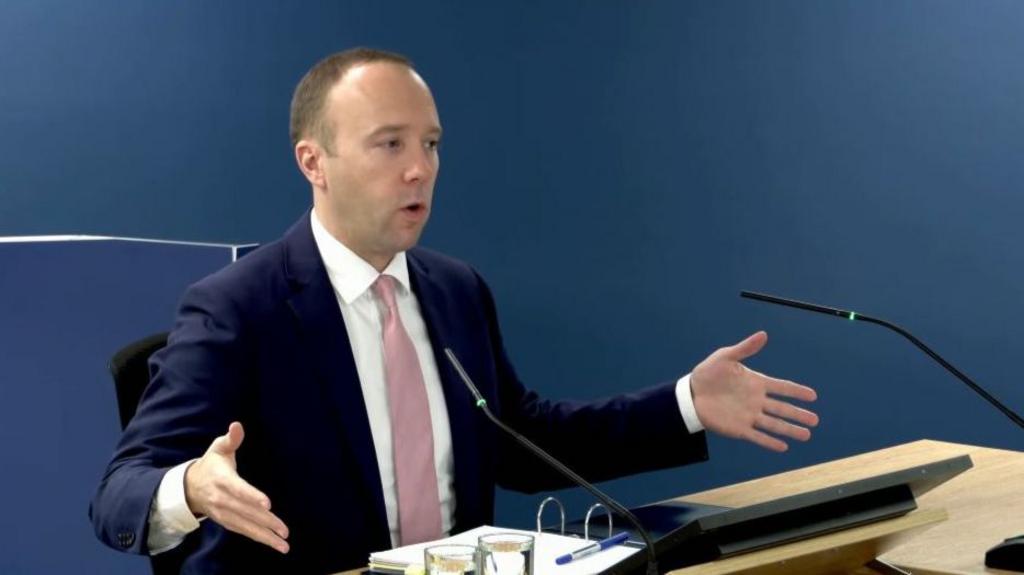NSW Budget: $122 Million for Community Workers, Allied Health Sector Gears Up for Wage Negotiations

The New South Wales (NSW) government has unveiled a significant investment in its community workforce, allocating $122 million in the latest budget to support pay increases for thousands of frontline workers. This move is aimed at recognizing and rewarding the vital contributions of these individuals who provide essential services to vulnerable communities across the state.
This financial boost comes as a welcome relief for community service organizations and the dedicated professionals who work within them. The increased funding will directly impact the salaries of numerous workers, including those involved in disability support, social work, and community development. The government hopes this investment will not only improve the financial well-being of these workers but also help attract and retain talent within the sector, addressing ongoing workforce challenges.
However, the budget announcement hasn't been without its complexities. While celebrating the support for community workers, the NSW government is simultaneously preparing for an anticipated industrial dispute with allied health professionals. These professionals, encompassing a wide range of disciplines like physiotherapy, occupational therapy, and speech pathology, are also seeking substantial pay increases to reflect their expertise and the demands of their roles.
The allied health sector has been vocal about the need for fair compensation, citing factors such as increasing workloads, rising inflation, and the crucial role they play in the healthcare system. Unions representing allied health workers are expected to escalate negotiations, potentially leading to industrial action if a satisfactory agreement isn't reached.
What does this mean for the future?
- Community Sector Gains: The $122 million injection provides immediate and tangible benefits to frontline community service workers, bolstering morale and supporting service delivery.
- Allied Health Showdown: The government faces a significant challenge in balancing the needs of the allied health sector while managing budgetary constraints. Negotiations will be critical to avoid disruption to essential healthcare services.
- Broader Workforce Implications: These wage negotiations highlight a broader trend of public sector workers seeking fair compensation, putting pressure on the government to address workforce shortages and maintain service quality.
Treasurer [Treasurer's Name] emphasized the government’s commitment to supporting essential workers, stating, “We recognize the critical role these workers play in our communities, and we are dedicated to ensuring they are fairly compensated for their hard work and dedication.” The coming months will be crucial as the government navigates these complex industrial relations challenges and strives to deliver a sustainable and equitable outcome for all involved.
The budget also includes [mention other relevant budget highlights, if any, related to health or community services to add context and SEO value]. This demonstrates the government’s ongoing commitment to investing in vital public services and supporting the communities of NSW.






